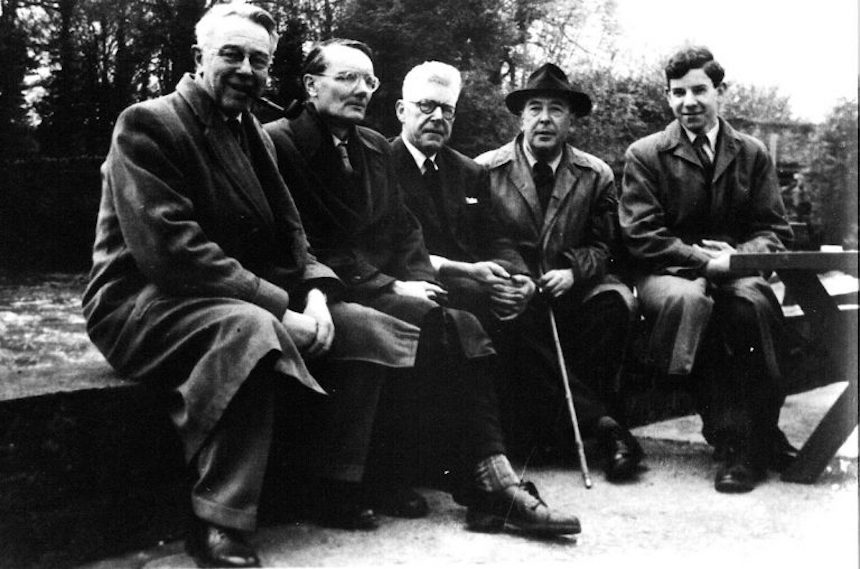This blog post is meant as a supplement to my earlier earlier posts on the subject of Saintly intercession (read here and here)…

One issue we have in Catholic-Protestant dialogue concerning the Saints is the language we use. You will often hear Catholics talking about “praying to Saints”. However, it is important to point out that what we really mean is that we’re asking the Saints to pray for us.
What’s in a name?
Part of the problem is the use of the verb “to pray”. It can mean two different things, depending on context. The word itself comes into English from the Latin word “precari”, which means “obtained by entreaty”. To pray, therefore, means to ask for something.

This is aptly demonstrated in my favorite Shakespeare play, A Much Ado About Nothing (Act 2, Scene 3):
BENEDICK: An he had been a dog that should have howled thus, they would have hanged him: and I pray God his bad voice bode no mischief…
DON PEDRO: Yea, marry, dost thou hear, Balthasar? I pray thee, get us some excellent music…
Here you see both uses of the word “pray”. In the first, Benedick petitions God, and in the second, Don Pedro asks Balthasar for music. In the former, a request is made to God, in the latter, to man.
A better dialogue
While I think that pointing out this distinction goes a long way to further Catholic-Protestant dialogue, I think that Catholics should go the extra mile and be careful with the way they speak around Protestants, so as to communicate the Catholic Faith as clearly as possible.
When talking with Protestants about praying to Saints, it might be worth spelling out exactly what you mean, saying explicitly that you’re asking the Saints for their intercession before the throne of God. Rather than talking about “Praying to the Saints”, you might speak about “Praying with the Saints”. Most Protestants are used to talking about praying with friends, so when expressed in these terms, the Catholic devotion will seem less alien and more accessible.
All you angels and saints, pray for us.




